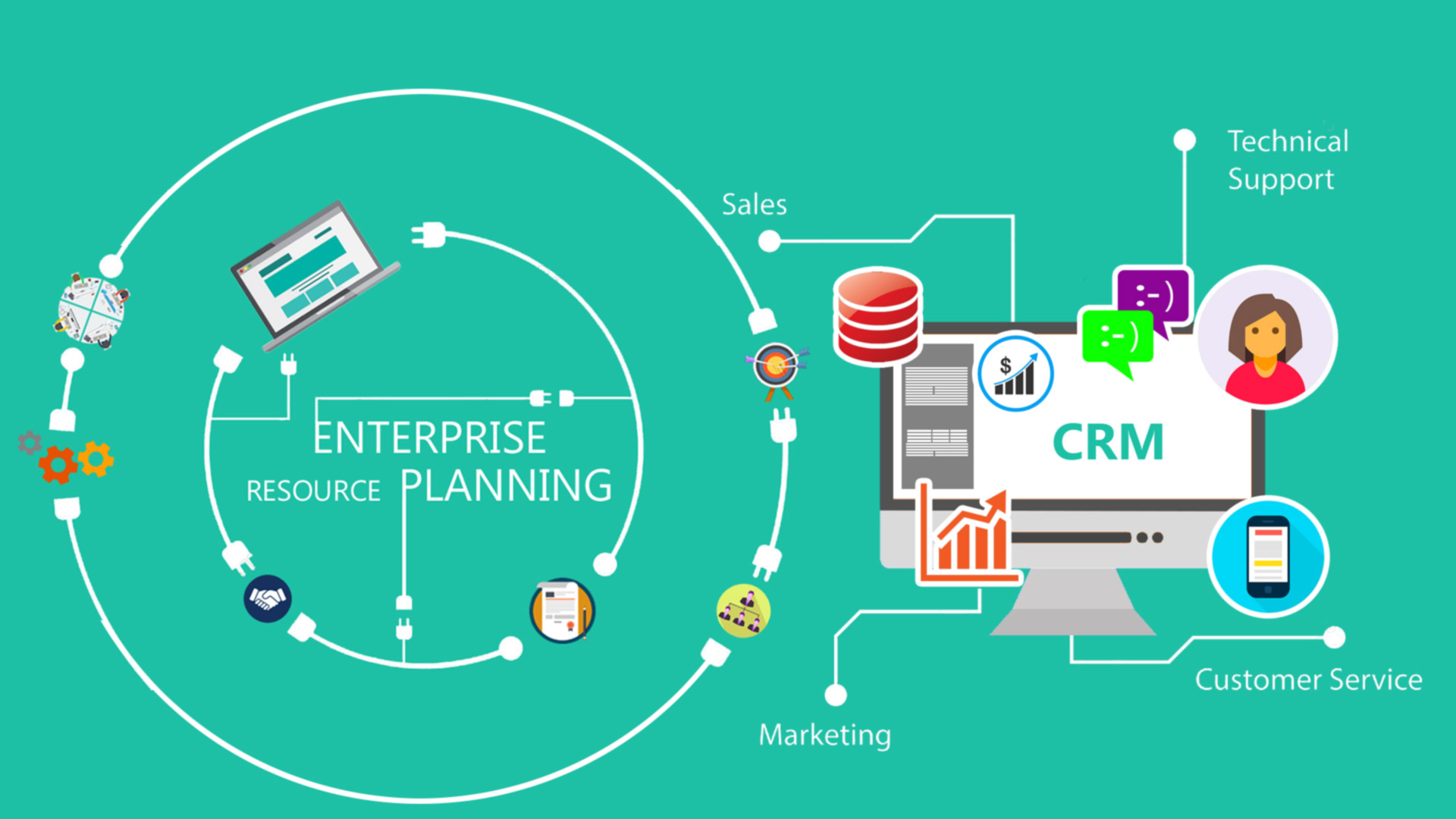erp software development process Erp implementation process steps software business enterprise resource planning organization
Today, we are going to talk about a topic that is essential for businesses of all sizes: Custom ERP Development. Have you ever wondered how companies manage all their resources efficiently? Well, the answer is simple: through the implementation of Enterprise Resource Planning (ERP) systems. In this post, we will delve into the process, benefits, and cost of developing a custom ERP system tailored to your company's specific needs.
Custom ERP Development: Efficiently Managing Your Resources
Implementing an ERP system can be a game-changer for businesses looking to streamline their operations. It allows you to integrate multiple departments such as accounting, inventory management, human resources, and customer relationship management into a single unified system. This level of integration allows for better collaboration, data accuracy, and improves decision-making processes.

The Process of ERP Implementation
Now that we understand the importance of ERP systems, let's dive into the implementation process. Implementing a custom ERP system involves several steps:
- Assessment and Planning: The first step is to assess your business needs and determine the modules required for your ERP system. This crucial stage sets the foundation for a successful implementation.
- Customization: Once the assessment is complete, the chosen ERP solution is tailored to match your business processes and requirements.
- Data Migration: During this stage, existing data from various systems is transferred to the new ERP system, ensuring a seamless transition.
- Training and Testing: Your employees receive training to familiarize themselves with the new system. Additionally, rigorous testing is conducted to identify any potential issues or bugs.
- Go-Live and Support: After successful testing, the ERP system is deployed, and ongoing support is provided to address any concerns or questions that may arise.

The Benefits of Custom ERP Development
Now, let's discuss the benefits that a custom ERP development can bring to your business:
- Increased Efficiency: By automating processes and eliminating manual work, a custom ERP system enhances efficiency and reduces errors.
- Improved Decision-Making: With real-time access to data across different departments, managers can make well-informed decisions quickly.
- Enhanced Collaboration: A unified system promotes collaboration and communication between different teams and departments, leading to better outcomes.
- Cost Savings: While the initial investment may seem significant, a custom ERP system saves costs in the long run by reducing manual labor, inventory errors, and optimizing resource allocation.
Conclusion
In conclusion, implementing a custom ERP system can revolutionize the way you manage your resources and streamline your business processes. From planning and customization to training and ongoing support, each step is crucial for a successful implementation. By investing in a custom ERP solution, your business can experience increased efficiency, improved decision-making, enhanced collaboration, and long-term cost savings.
Remember, a custom ERP system tailors to your specific needs, providing an all-in-one solution designed to help your business thrive.